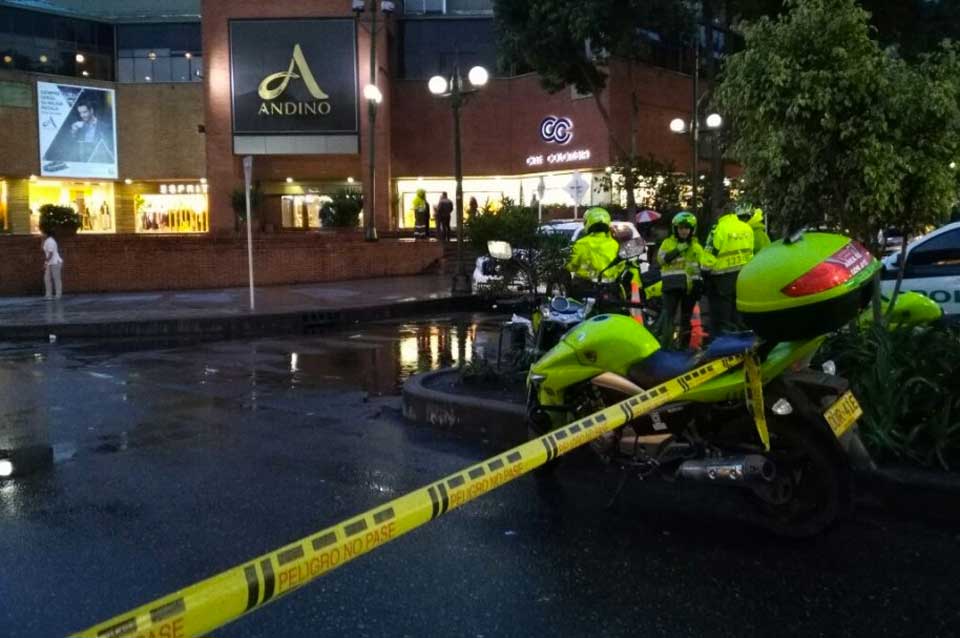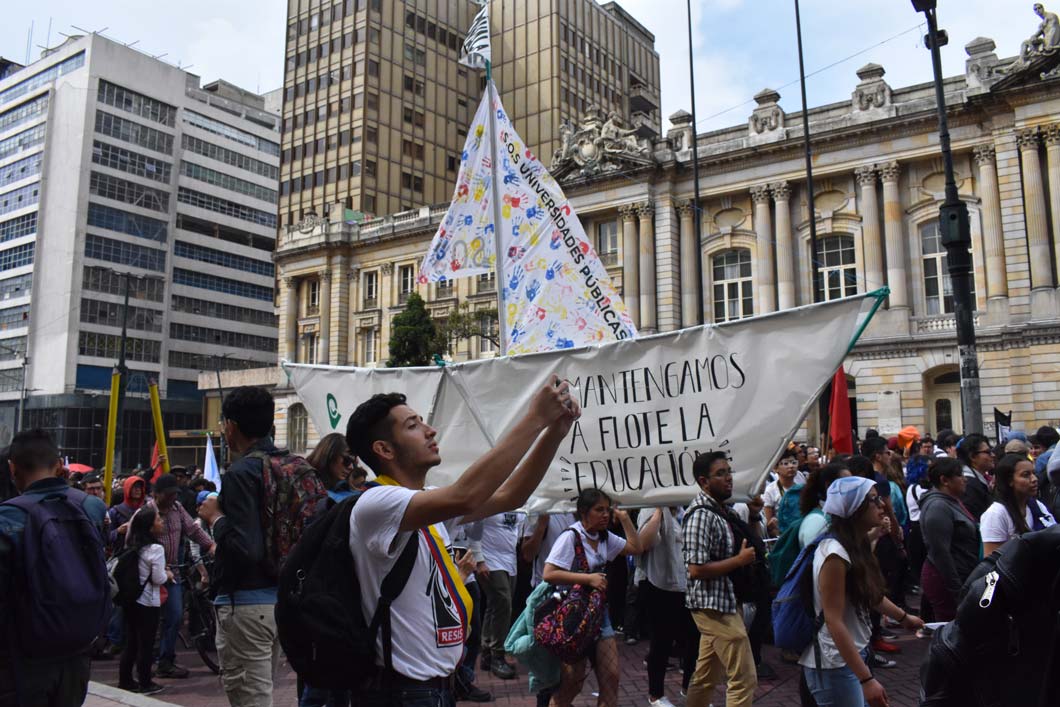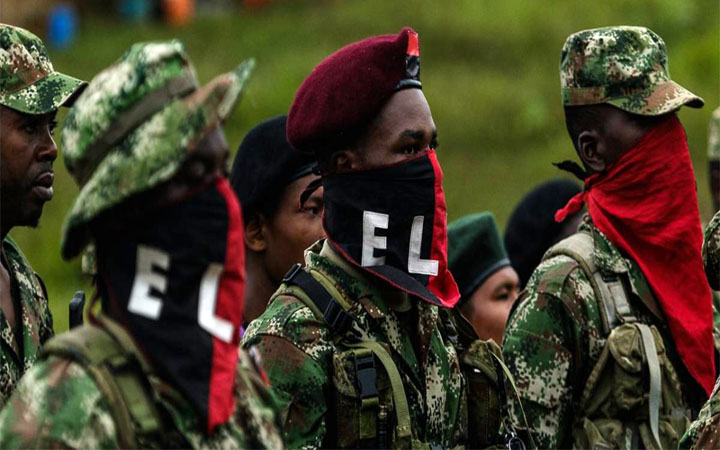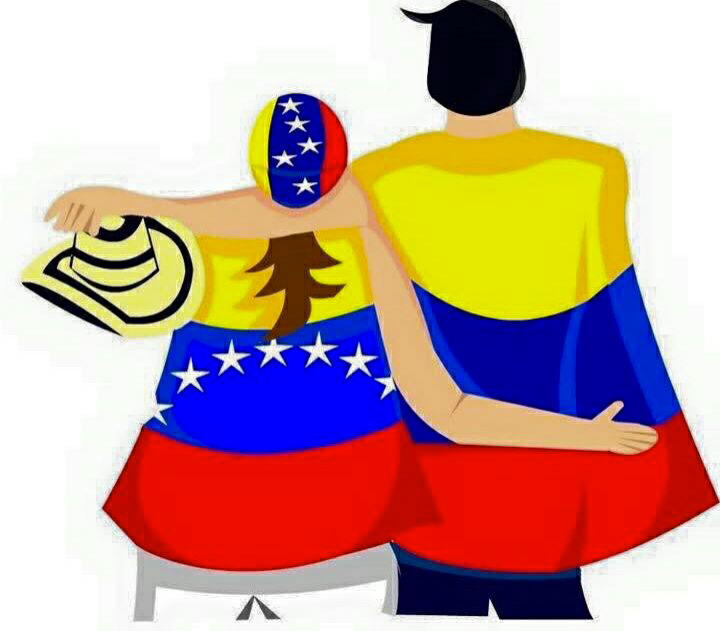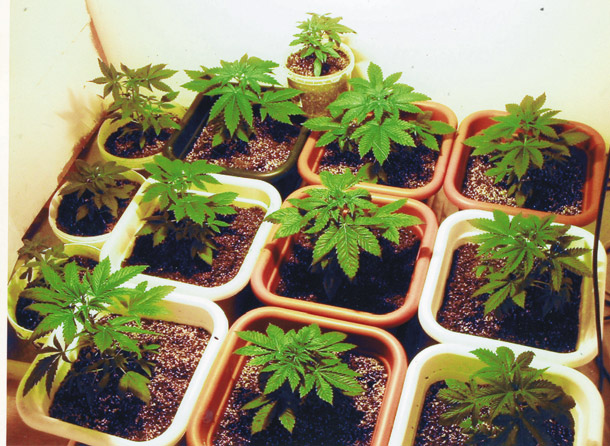Colombian voters elect Gustavo Petro to lead the country for the next four years, the first time the country has ever elected a left-wing president.
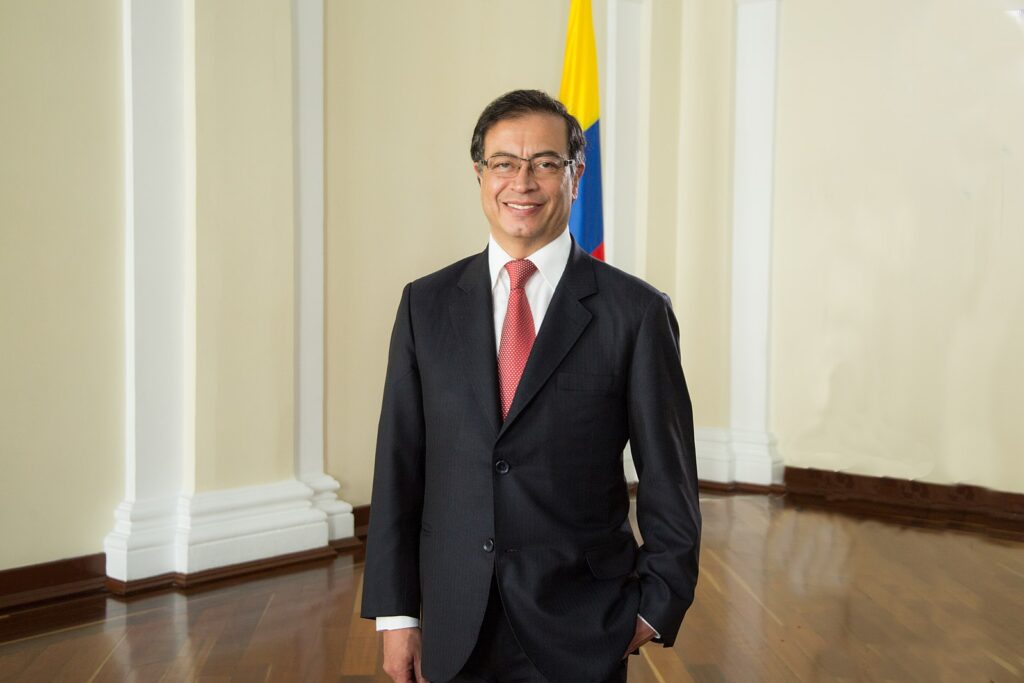
The results are in and Colombia has elected Gustavo Petro as its new president. Petro will lead the country for the next four years, winning what was an extremely close-run race. At time of writing (5pm), after the 9th bulletin from CNC, Petro had 50.88% of the vote, while Rodolfo took 46.85%. With 89% of the tables declared, the numbers are unlikely to change much from here. Voto en blanco – essentially a way to register a vote without supporting either candidate – took 2.23%. Over 22 million Colombians voted today.
Bogotá’s former mayor and ex-M-19 guerilla had a solid core of support for much of the campaign. Gustavo Petro – who also reached the second round in 2018’s election – is Colombia’s first real left-wing president. The last election descended into an ‘anyone but Petro’ approach. That happened this year too, but he overcame the negativity and won a historic mandate.
Petro tweeted, “Today is a holiday for the people. Let them celebrate the first popular victory.” As a former member of the M-19 guerilla, Petro is a controversial figure for many. However, others believe he represents a necessary change to the established order. He is a notable change from Colombia’s previous presidents, although he is far from the communist his critics make him out to be. As a left-wing president, he follows a strong Latin American tradition that has been strangely absent from Colombia until now.
Rodolfo Hernández was somewhat of a wild card in the first round. The 77-year-old building magnate gained ground in the polls in the final weeks of the race, eventually taking 28% of the vote. His non-traditional campaign focused on TikTok and other social media but did not involve lots of rallies. Rodolfo did not take part in the televised presidential debates. However, following his success in the first round, it seems voters weren’t as convinced by the engineer when they delved deeper. Hiding in Miami and avoiding debates has not gone down well at all.
Francia Márquez becomes Colombia’s first Afro-Colombian woman elected as vice-president
Today was a day of firsts for Colombia. Not only did it elect its first left wing president, it also elected an Afro-Colombian woman to the position of vice president for the first time. Petro’s running mate, Francia Márquez, is a prominent social and environmental campaigner whose straight-talking appealed to a large swathe of voters who previously felt unrepresented. However, others questioned her lack of political and governmental experience.
Rodolfo also chose an Afro-Colombian woman as a running mate. Marelen Castillo was the least known of the four faces of this race, a devout catholic and – until she joined the campaign trail – the academic vice-rector of the Minuto de Dios University in Bogotá.
Read more: Let the second round begin
Election day marred by accusations of fraud, violence, and misinformation
Predictably, in a campaign that’s been rife with misinformation and allegations of dirty tricks, there have already been accusations of irregularity. Last night, videos and screenshots were circulating on social media. One appeared to be from the CNC itself, the other from CNN Español. It’s most likely that the CNN one is simply journalists preparing a practice run for results day – fairly standard practice in journalism – whereas the CNC one is a little less clear.
The initial report from the MOE, the country’s electoral monitoring system, at midday expressed regret for two murders today: An electoral witness from the Pacto Histórico party in Cauca, and a soldier near a polling station in Caquetá. According to the MOE, the soldier died after gunfire broke out between the army and FARC dissidents. In its second report of the day, the MOE reported that another human rights defender had been murdered in Cauca and an explosion near a polling station in Norte de Santander had injured three soldiers. The MOE also said there had been various complaints of dots or marks on ballot papers due to printing errors.
The new president will take charge in August
Gustavo Petro will be inaugurated as President on August 7. In some ways, winning the election is the easy bit. The new president takes on a divided country with significant economic challenges and deep rooted inequality. Progress on implementing the country’s historic peace deal with the FARC, signed in 2016, has been slow at best. But Petro has promised to advance the peace deal and to reopen talks with the ELN.
More problematic still will be the challenge of delivering on what has been promised. The plan de gobierno was filled with a lot of rich promise but was very light on detail. The sums need to add up, and that won’t be easy. It may not matter, of course, as much of his vote is likely from people who haven’t read the manifesto. It’s an ‘anti-the existing order’ vote as much as support for Petro himself.
It was clear from the first round that Colombians wanted change. Now they have it. The next questions are what shape it will actually take, whether they’ll be happy with the choice they’ve made, and how much will get done.

